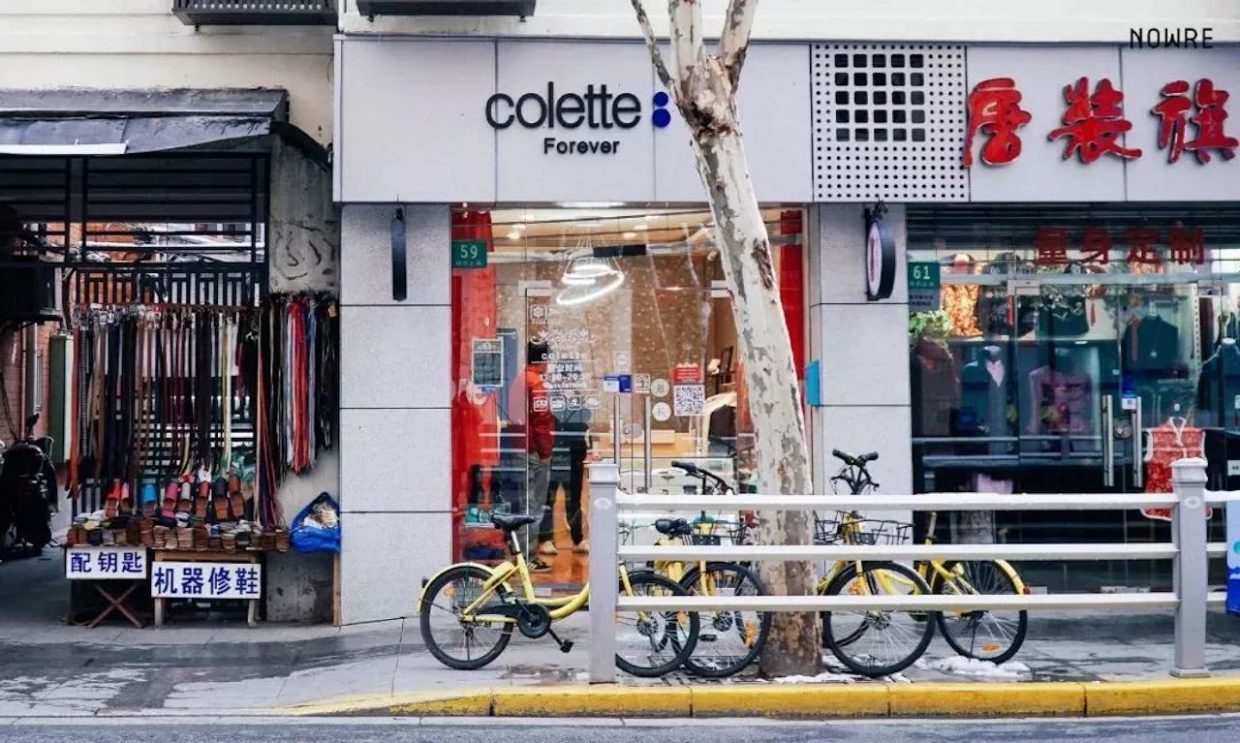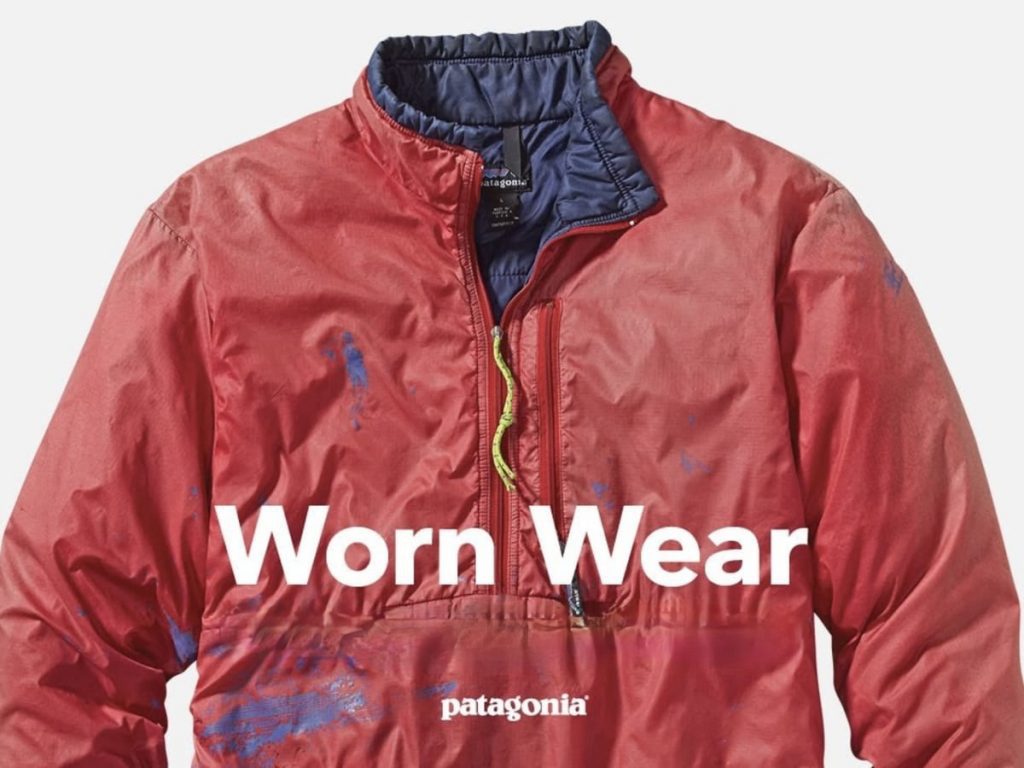
image: WeChat
Kanye West told Vogue in 2016 that he wants to open 200 stores for his Yeezy line within the next few years. The first of such outposts, he said, would likely open in California; Calabasas seems reasonable given that it is the central theme of a range of West’s recent offerings. Well, the first Yeezy store did, in fact, open its doors last year, although it is not in California, but in Wenzhou, China. Right next door: A store named New burnen, which bears the same font and branding as New balance.
The Yeezy store’s unnamed owner, who is not affiliated with West or adidas, told the Shanghaist that is not worried about by the potential legal ramifications of stealing another company’s branding. Zhao Shuo is also not particularly fazed, either.
Mr. Shuo is the man behind a new Chinese retail outpost, one called colette Forever. The small store, which is located in Shanghai, according to Hypebeast, looks familiar. With signage that consists of the “colette” name in blue, alongside two vertically stacked blue dots, the shop’s branding is a dead ringer for the famed Paris-based boutique of the same name. Much like the Yeezy store, colette Forever is not related to the world-famous – and now defunct – concept store that mother-daughter duo Colette Roussaux and Sarah Andelman launched in 1997.
The original colette, which closed up shop in December 2017, was hailed globally for its exclusive collaborations, carefully curated selection of garments, accessories, home goods, reading materials, and toys, and its water bar, of course, which served up 73 different types of mineral water. With a reputation that far beyond the borders of its French brick-and-mortar store, colette was hailed by Forbes in December 2005 as “the trendiest store in the world.”
Following its dénouement late last year, colette’s e-commerce site has been turned into an in-memoriam collection of videos and messages under the heading “colette Forever.” That website (and the store to which is pays tribute) is also unrelated, of course, to the newly-opened Chinese retailer.
Putting aside the intricacies of how China’s trademark system works (i.e., unlike in the U.S., where a party gains rights in a trademark – such as a brand name or logo – by actually using it on products and selling them, China grants rights to the first party to register a name or logo with the national trademark office), the question of legality is an interesting one in the instance at hand.
While the opening and operating of colette Forever in China would have almost certainly amounted to infringement of Roussaux and Andelman’s trademark rights during the time of colette’s operations, now that their colette is closed, where do we stand?
For the uninitiated, trademark rights in most countries (including the U.S. and France) are borne from the actual use of a trademark, and registration of a trademark is, thus, a way of gaining additional rights. Moreover, just because a party is granted trademark rights, does not mean they last forever. The same requirement that a trademark be used in order to first gain rights applies in order for a party to maintain its trademark rights.
As the saying goes, if you don’t use it (your trademark, that is), you lost it.
As such, one might be able to argue that by closing their business and no longer using the colette mark on their store, Roussaux and Andelman no longer maintain trademark rights in the name and branding of colette, making it free for others, such as Mr. Shuo, to use. At the same time, should Roussaux and Andelman want to fight their Chinese “admirer,” as Shuo portrays himself, they would likely be able to point to their still-operational website, as a demonstrable continued use of their mark.
Chances are, since, Shuo says he has not turned a profit from his store, the original colette owners might just let this go, especially since trademark proceedings in China are notoriously arduous, expensive, and time consuming (for everyone but maybe Donald Trump and his family, who appear to have a lot of luck in securing marks for their various business endeavors there in no time at all).
Not convinced? Just ask Akris, which until very recently was embroiled in a 12 year-long war over a Chinese entity’s unauthorized use of its mark in China.











